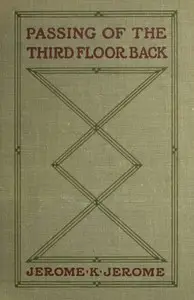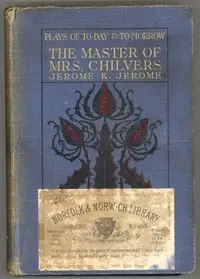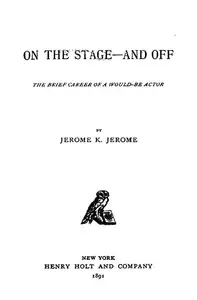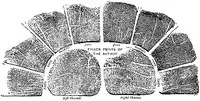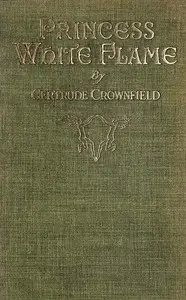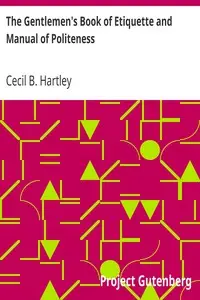"Dreams" by Jerome K. Jerome is a whimsical exploration of the nature of dreams and their relation to reality, written during the early 20th century. The book features a series of vivid and imaginative anecdotes that delve into the absurdity and surreal quality of dreams, highlighting the freedom of thought and creativity unrestrained by the conventions of the waking world. Throughout the narrative, Jerome shares various eccentric dreams, beginning with a humorous encounter with a cloak-room attendant insisting on a peculiar regulation about legs at the theater. This sets the tone for subsequent reflections on dreams, which allow for a playful manipulation of reality. He illustrates the fascinating and often nonsensical scenarios that unfold in dreams, from unanticipated hangings to absurd social situations with critics and everyday life. Each dream serves as a metaphor for human experience, ultimately revealing the comfort and inspiration that hopes and dreams provide amidst the perplexities of daily life. Through humor and insight, Jerome encourages readers to embrace their imaginative capacities as a vital part of the human experience. (This is an automatically generated summary.)

Dreams
By Jerome K. (Jerome Klapka) Jerome
"Dreams" by Jerome K. Jerome is a whimsical exploration of the nature of dreams and their relation to reality, written during the early 20th century. ...
Jerome Klapka Jerome was an English writer and humorist, best known for the comic travelogue Three Men in a Boat (1889). Other works include the essay collections Idle Thoughts of an Idle Fellow (1886) and Second Thoughts of an Idle Fellow; Three Men on the Bummel, a sequel to Three Men in a Boat; and several other novels. Jerome was born in Walsall, England, and, although he was able to attend grammar school, his family suffered from poverty at times, as did he as a young man trying to earn a living in various occupations. In his twenties, he was able to publish some work, and success followed. He married in 1888, and the honeymoon was spent on a boat on the River Thames; he published Three Men in a Boat soon afterwards. He continued to write fiction, non-fiction and plays over the next few decades, though never with the same level of success.

